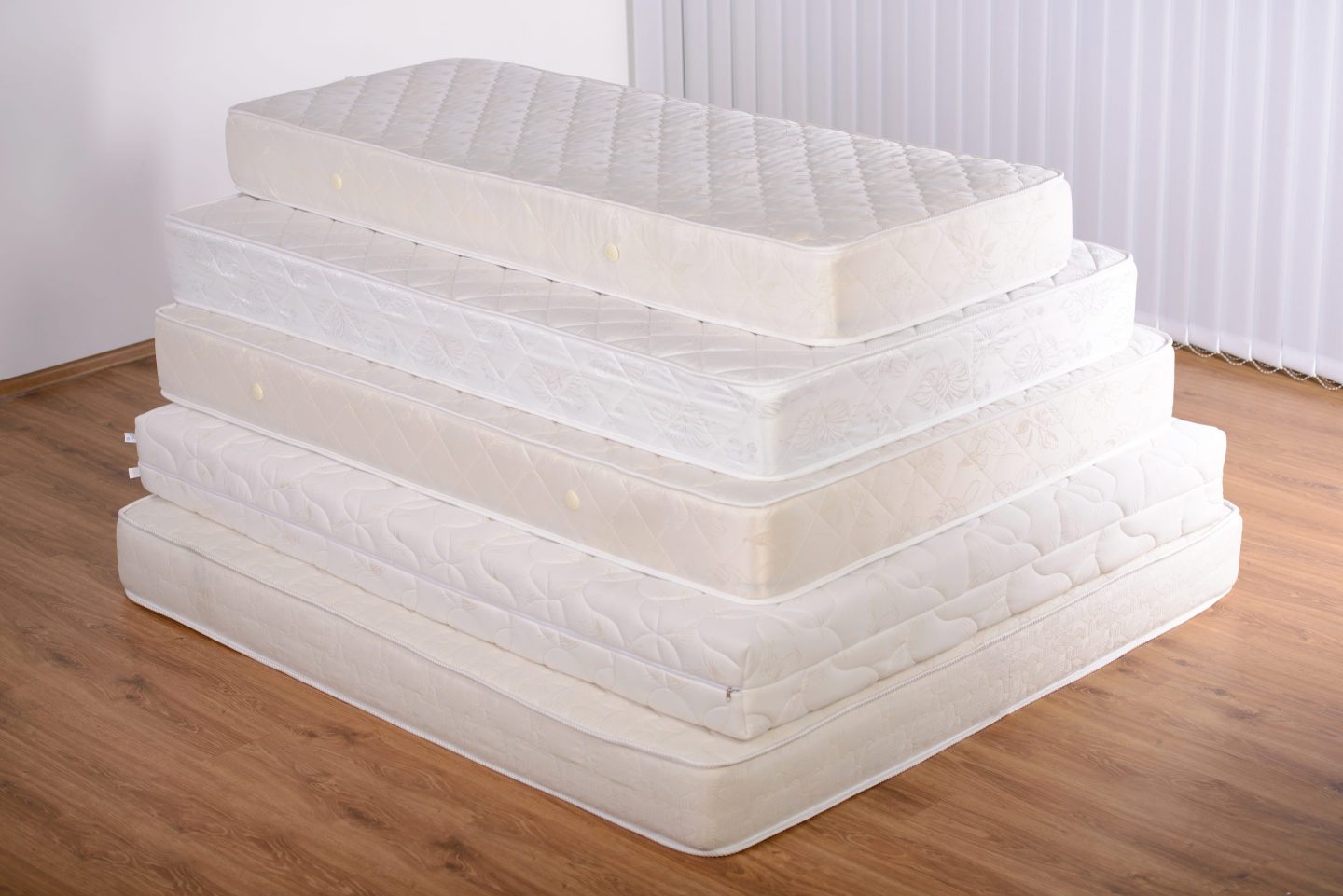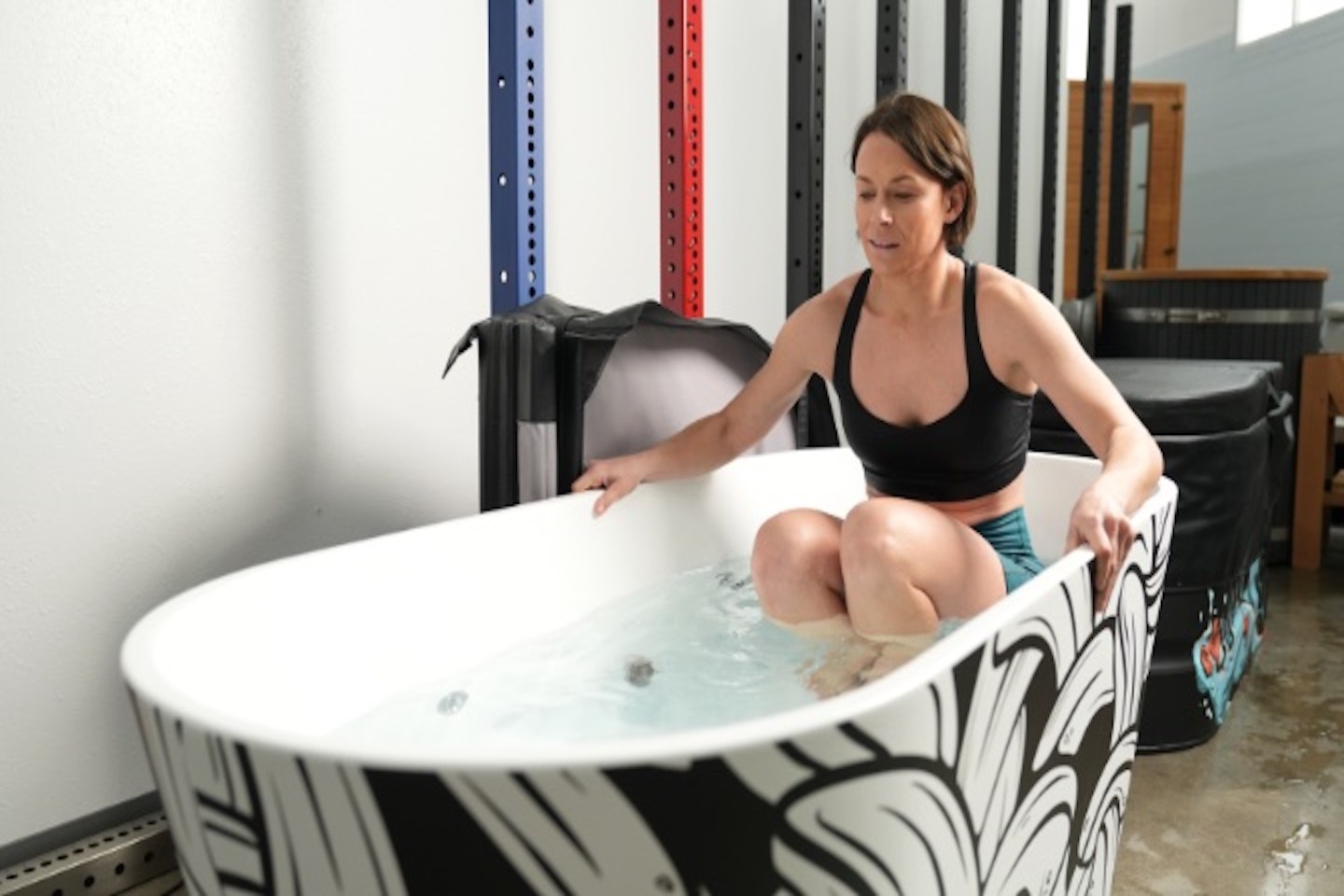Paul Resch remembers playing baseball as a kid on a field constructed from asbestos-tainted vermiculite, mere yards from railroad tracks where trains kicked up clouds of dust as they hauled the contaminated material from a mountaintop mine through the northwestern Montana town of Libby. He liked to sneak into vermiculite-filled storage bins at an adjacent rail yard, to trap pigeons that he would feed, during long days spent by the tracks along the Kootenai River.
Today, Resch, 61, is battling an asbestos-related disease that has severely scarred his left lung. He’s easily winded, quickly tires and knows there is no cure for an illness that could suffocate him over time.
“At some point, probably everybody got exposed to it,” he said, speaking of asbestos-tainted vermiculite. “There was piles of it along the railroad tracks. … You would get clouds of dust blowing around downtown.”
Almost 25 years after federal authorities responding to news reports of deaths and illnesses descended on Libby, a town of about 3,000 people near the U.S.-Canada border, some asbestos victims and their family members are seeking to hold publicly accountable one of the major corporate players in the tragedy: BNSF Railway.
Hundreds of people died and more than 3,000 have been sickened from asbestos exposure in the Libby area, according to researchers and health officials. Texas-based BNSF faces accusations of negligence and wrongful death for failing to control clouds of contaminated dust that used to swirl from the rail yard and settle across Libby’s neighborhoods.
The vermiculite was shipped by rail from Libby for use as insulation in homes and businesses across the U.S.
The first trial among what attorneys say are hundreds of lawsuits against BNSF for its alleged role polluting the Libby community is scheduled to begin Monday.
The railroad — owned by Warren Buffett’s Berkshire Hathaway Inc. — has denied responsibility in court filings and declined further comment.
Resch works at an auto dealership in Libby and his wife is listed as a plaintiff in a pending lawsuit against BNSF in Montana’s asbestos claims court. He’s uncertain whether his sickness came from the rail yard. The Libby high school track included contaminated vermiculite, as did insulation in the walls and attics of homes he entered during his two decades as a volunteer firefighter.
The plaintiffs for the upcoming trial against BNSF, the estates of Joyce Walder and Thomas Wells, lived near the Libby rail yard and moved away decades ago. Both died in 2020 of mesothelioma, a rare lung cancer caused by asbestos that is disproportionately common in Libby.
The mine a few miles outside town once produced up to 80% of global vermiculite supplies. It closed in 1990. Nine years later, the Environmental Protection Agency arrived in Libby and a subsequent cleanup has cost an estimated $600 million, with most covered by taxpayer money. It’s ongoing, but authorities say asbestos volumes in downtown Libby’s air are 100,000 times lower than when the mine was operating.
Awareness about the dangers of asbestos grew significantly over the intervening years, and last month the EPA banned the last remaining industrial uses of asbestos in the U.S.
The ban did not include the type of asbestos fiber found in Libby or address so-called “legacy” asbestos that’s already in homes, schools and businesses. A long-awaited government analysis of the remaining risks is due by Dec. 1.
Asbestos doesn’t burn and resists corrosion, making it long lasting in the environment. People who inhale the needle-shaped fibers can develop health problems as many as 40 years after exposure. Health officials expect to grapple with newly diagnosed cases of asbestos disease for decades.
The EPA declared the nation’s first ever public health emergency under the Superfund cleanup program in Libby in 2009. The pollution led to civil claims from thousands of people who worked for the mine or the railroad, or who lived in the Libby area.
During a yearslong cleanup of the Libby rail yard that began in 2003, crews excavated nearly the entire yard, removing about 18,000 tons of contaminated soil. In 2020, BNSF signed a consent decree with federal authorities resolving its cleanup work in Libby and nearby Troy, plus a 42-mile stretch (68 kilometers) of railroad right-of-way.
Last year, BNSF won a federal lawsuit against an asbestos treatment clinic in Libby that a jury found submitted 337 false asbestos claims, making patients eligible for Medicare and other benefits. The judge overseeing the case ordered the Center for Asbestos Related Disease to pay almost $6 million in penalties and damages, forcing the facility into bankruptcy. It continues to operate with reduced staff.
Some asbestos victims viewed the case as a ploy to discredit the clinic and undermine lawsuits against the railroad. BNSF said the verdict would deter “future misconduct” by the clinic.
In the months leading up to this week’s trial, attorneys for BNSF repeatedly tried to deflect blame for people getting sick, including by pointing to the actions of W.R. Grace and Co., which owned the mine from 1963 until it closed. They also questioned whether other asbestos sources could have caused the two plaintiffs’ illnesses and suggested Walder and Wells would have been trespassing on railroad property.
U.S. District Court Judge Brian Morris blocked BNSF from blaming the conduct of others as a means of escaping liability. And he said the law doesn’t support the notion that trespassing reduces a property owner’s duty not to cause harm.
Morris has yet to issue a definitive ruling on another key issue: the railroad’s claim that its obligation to ship goods for paying customers exempts it from liability.
The plaintiffs argue the rail yard in downtown Libby — where Resch once played in piles of vermiculite — was used for storage and not just transportation, meaning the railroad is not exempt.
Montana’s Supreme Court has ruled in a separate case that BNSF and its predecessors were more involved in the mine than simply shipping its product.
Mine owner W.R. Grace filed for bankruptcy in 2001 and paid $1.8 billion into an asbestos trust fund to settle future cases. It paid about $270 million to government agencies for environmental damages and cleanup work. The state of Montana was also faulted in Libby, for failing to warn residents about asbestos exposure. It paid settlements totaling $68 million to about 2,000 plaintiffs.
BNSF has settled some previous lawsuits for undisclosed amounts, attorneys for plaintiffs said. A second trial against the railroad over the death of a Libby resident is scheduled for May in federal court in Missoula.
“I sure hope that they give those folks justice,” Resch said about the upcoming trials. “I mean everybody took part in it as far as corporate America goes.”
Hanson reported from Helena, Montana.












